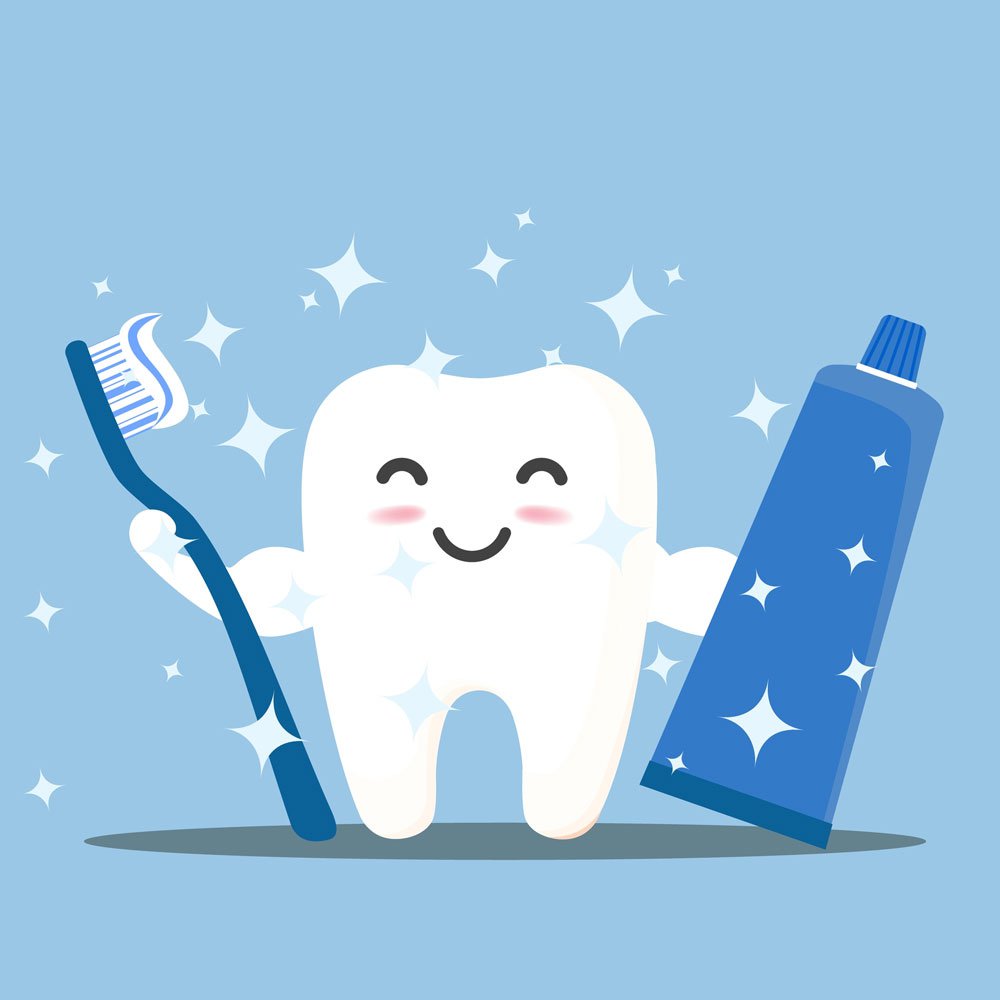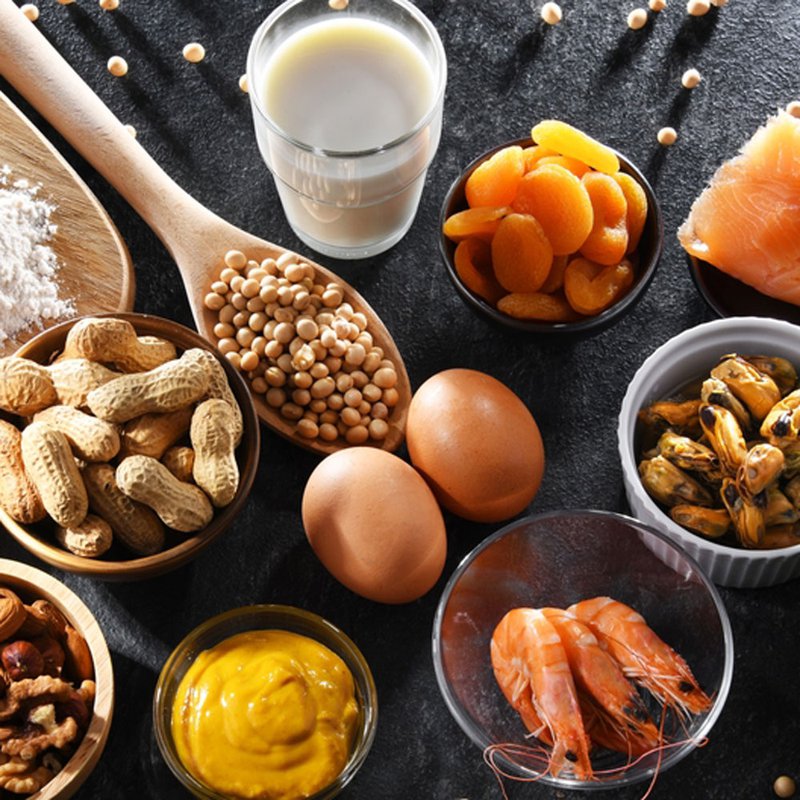Getting your kids to brush their teeth can be somewhat of a challenge but the earlier you start the better, according to Laura Maañon, dentist, airway and tongue specialist. We find out everything you need to know about dental health for your little ones
When should we start brushing our children’s teeth?
You should start brushing your child’s teeth as soon as the first tooth erupts which is usually at around six months old, but it can happen anytime between four to 18 months. Before the eruption of the first tooth brushing is not needed for hygiene purposes, but it can be helpful to start doing gum massaging to get them used to the routine. You can use a gauze or a finger brush for this.
When should we take them to the dentist for the first time?
The first dental visit is recommended at around one year old. That way we can catch things early and give parents precious advice about habits, hygiene, diet etc.
Can you tell us a bit about tongue tie and how, if undiagnosed, it might present symptoms as a child grows up?
A tongue tie means that the frenum (the band of tissue that connects the tongue to the floor of the mouth) is too tight or short and doesn’t allow the tongue to move freely. It can affect many aspects of our children’s lives and continue into adulthood. In infants we tend to see feeding difficulties, colic, reflux or torticollis.
As children grow up we can see narrow and high palates with crooked teeth, mouth breathing, speech problems, picky eating or restless sleep.
These problems can persist into adulthood, but over the years we learn to overcome feeding difficulties or speech issues, and we tend to see compensatory problems such as postural changes, neck or back pain, headaches, teeth grinding, inflammation of the jaw and, very often, snoring and sleep apnea.
Do you have any advice about pacifiers/dummies?
Pacifiers are a great help, but they do cause some deformation in a child’s mouth. The degree of this deformation will depend on how often the pacifier is used and for how long and it will also depend on the shape of the pacifier. I always advise to use it only when necessary to help soothe the child and then remove it, especially at night. We should ideally stop using it sometime from six months to 18-24 months but the earlier the better and the easier it will be to break the habit.
At what age should we think about stopping them from drinking from a bottle?
As soon as we start introducing solids at around six months old, we can start using an open cup for water and milk. Begin slowly and only offer small amounts at a time. We can also introduce a straw as it helps train the lip muscles but it’s best to avoid sippy cups or trainer cups as they promote the wrong drinking and swallowing pattern. Similar to pacifiers, we should slowly wean from bottles and aim to stop their use at around 18-24 months old.
What is the best type of toothbrush to use on a baby and a toddler?
"For toothbrushes it is important that the bristles are made of nylon or polyester and it is best to avoid silicone because it is not effective in removing dental plaque. The toothbrush needs to be the right size to fit comfortably in their mouth - some toothbrushes are way too big. It also needs to contain a large number of bristles, the more bristles the more effective.
And the bristles must be soft, this also goes for adults, we should all be brushing with a soft or extra-soft toothbrush."

